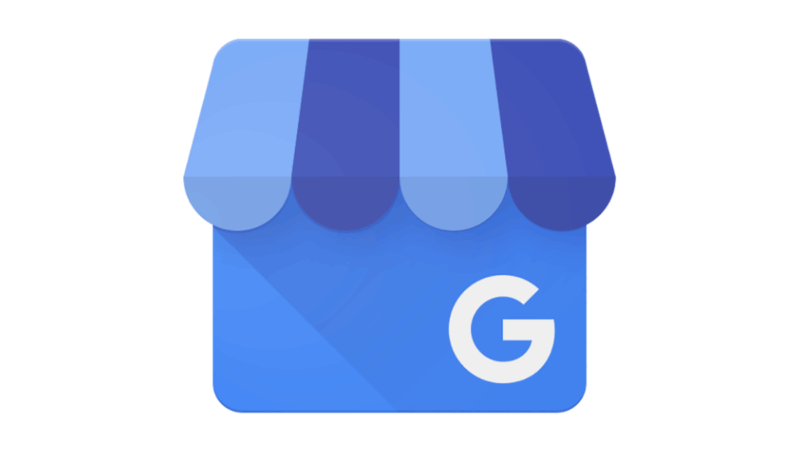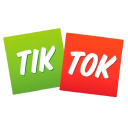From A $50K Failure To Creating Mobile Games Played By 100 Million People
Hi! My name is Nemanja Divjak, and I’m the co-founder of the game studio Tummy Games. From the day we were founded, our focus was on producing hyper-casual mobile games, but as of late, we’ve started planning to dip our toes into the blockchain.
The thing about hyper-casual games is that they’re simple, developed very quickly, and have clear game mechanics. They have to appeal to the broadest possible audience, whether it’s a schoolkid, a middle-aged woman, or an elderly game enthusiast, regardless of where they are in the world. Last, but not least, the game has to be so engaging that players want to come back to it again and again for a long time.
Dedicated players are the best way to monetize your game, and create a steady income. Our team is an expert in this area. So far, we’ve made 5 global hit games with over 100 million players, and don’t plan to stop there!

What's your backstory and how did you come up with the...
Sorry, you need to login and/or become a member to view the rest of this content.
 Free Download
163 Million Dollar Solopreneur Business Ideas
Free Download
163 Million Dollar Solopreneur Business IdeasDownload the report and join our email newsletter packed with business ideas and money-making opportunities, backed by real-life case studies.
Get The Report
 Free Download
163 Million Dollar Solopreneur Business Ideas
Free Download
163 Million Dollar Solopreneur Business IdeasDownload the report and join our email newsletter packed with business ideas and money-making opportunities, backed by real-life case studies.
Get The Report
 Free Download
163 Million Dollar Solopreneur Business Ideas
Free Download
163 Million Dollar Solopreneur Business IdeasDownload the report and join our email newsletter packed with business ideas and money-making opportunities, backed by real-life case studies.
Get The Report
 Free Download
163 Million Dollar Solopreneur Business Ideas
Free Download
163 Million Dollar Solopreneur Business IdeasDownload the report and join our email newsletter packed with business ideas and money-making opportunities, backed by real-life case studies.
Get The Report
 Free Download
163 Million Dollar Solopreneur Business Ideas
Free Download
163 Million Dollar Solopreneur Business IdeasDownload the report and join our email newsletter packed with business ideas and money-making opportunities, backed by real-life case studies.
Get The Report
 Free Download
163 Million Dollar Solopreneur Business Ideas
Free Download
163 Million Dollar Solopreneur Business IdeasDownload the report and join our email newsletter packed with business ideas and money-making opportunities, backed by real-life case studies.
Get The Report
 Free Download
163 Million Dollar Solopreneur Business Ideas
Free Download
163 Million Dollar Solopreneur Business IdeasDownload the report and join our email newsletter packed with business ideas and money-making opportunities, backed by real-life case studies.
Get The Report
 Free Download
163 Million Dollar Solopreneur Business Ideas
Free Download
163 Million Dollar Solopreneur Business IdeasDownload the report and join our email newsletter packed with business ideas and money-making opportunities, backed by real-life case studies.
Get The Report
More Business Ideas Like This

Download the report and join our email newsletter packed with business ideas and money-making opportunities, backed by real-life case studies.

Download the report and join our email newsletter packed with business ideas and money-making opportunities, backed by real-life case studies.

Download the report and join our email newsletter packed with business ideas and money-making opportunities, backed by real-life case studies.

Download the report and join our email newsletter packed with business ideas and money-making opportunities, backed by real-life case studies.

Download the report and join our email newsletter packed with business ideas and money-making opportunities, backed by real-life case studies.

Download the report and join our email newsletter packed with business ideas and money-making opportunities, backed by real-life case studies.

Download the report and join our email newsletter packed with business ideas and money-making opportunities, backed by real-life case studies.

Download the report and join our email newsletter packed with business ideas and money-making opportunities, backed by real-life case studies.

































